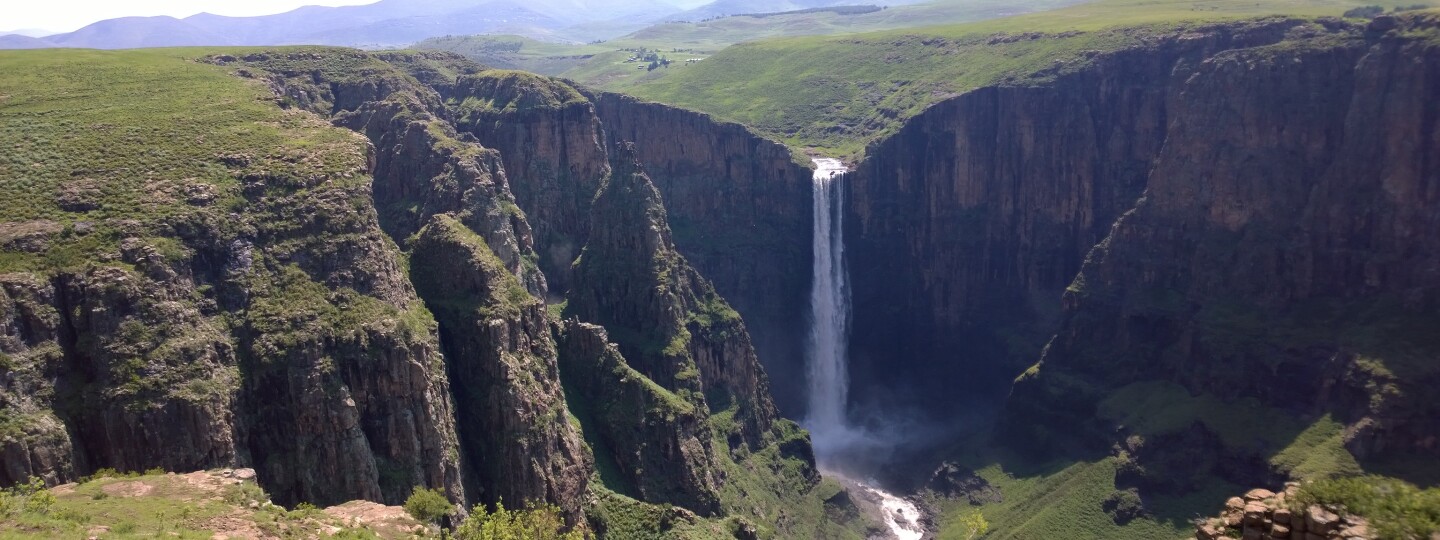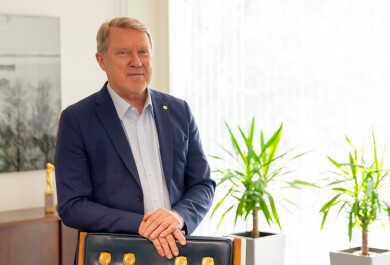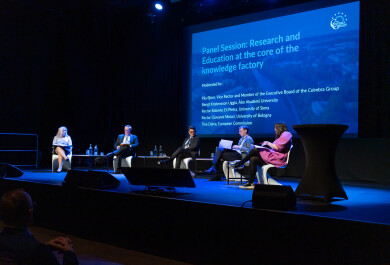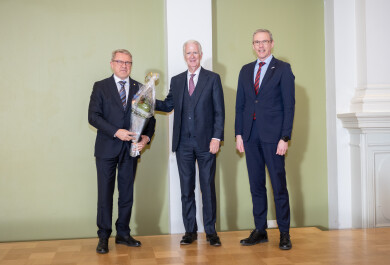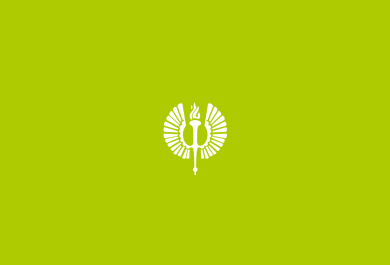The University of Turku’s seed-funded projects support long-term research, education and innovation collaborations between Finnish and African partners on issues connected to sustainable development.
In 2022, the University of Turku launched an internal call for seed funding through the Ministry of Education and Culture's Internationalisation Programme for global projects. The projects selected for funding included four collaborations that aim to expand and strengthen the University’s activities with partners in Africa in issues connected to sustainability. As such, the four projects are in line with the University’s wider strategic objectives of emphasising sustainable development as a cross-cutting theme in all activities as well as promoting transdisciplinary and multidisciplinary research, education, and innovation in Africa.
Scaling-Up Research and Education Solutions in the Global South
The seed-funded project Digital Data Innovation Hub (DIDAIHUB) builds on the work done in two existing collaborations in Africa: GeoICT4e and The Resilience Academy. GeoICT4e project focuses on improving management and teaching capacities of Tanzanian higher education institutions in socially innovative geospatial and ICT education. The objective of The Resilience Academy is to equip young people with the tools, knowledge, and skills to address the world’s most pressing urban challenges related to climate change and ensure resilient urban development. DIDAIHUB project strives to transfer the research and education know-how and solutions developed in these two and other collaborations into globally scalable and transformative education and research solutions which will be tested in new contexts.
“The aim of DIDAIHUB is also to create a platform through which solutions can be disseminated and potentially implemented with new partners. The platform is not only for solutions from the GeoICT4e and Resilience Academy projects but serves projects and researchers related to the Global South, digital innovation, and data at our University. The pilot project is still in its initial phase and the platform has not yet been launched, but the goal is to start the dissemination in early 2023,” says Niina Käyhkö, Professor at the University of Turku and Project Coordinator of DIDAIHUB.
DIDAIHUB project supports the University of Turku’s commitment to high-quality research and education on an international level, as well as its efforts to attract and strengthen partnerships that promote responsibility and sustainability. Responsibility is emphasised through strong operational links with Finnish University Partnership for International Development and partners and companies in the Global South.
”When our expertise is scaled up in the Global South and the solutions are implemented together with local partners, the solutions have a strong base and good preconditions to become rooted in different local contexts,” explains Käyhkö.
Promoting Sustainability-Oriented Engineering in Namibia
Sustainable Engineering is a thematic module with 20 ECTS credit points coordinated by the Future Tech Lab at the University of Turku in Windhoek. The goal of the module is to give engineers a strong foundation in sustainability-oriented professional practice in industry and research, with a focus on developing practical skills and ethical competence. To achieve this, the module uses challenge-based education methods and takes place in real-life situations and contexts in the Global South. In the first few years, the module is offered as a 6-week intensive on-site course at various locations in Namibia where Finnish students from the University of Turku and other higher education institutions will have the opportunity to learn alongside local students from Namibia. Although the course is organised in Namibia, it is closely connected to the main campus in Turku.
“In fact, Jaakko Järvi, Professor of Software Engineering and Dean of the Faculty of Technology proposed this thematic module which fits well with the vision of the Future Technology Lab of the University of Turku aiming to develop future sustainable solutions, especially technologies with talented young people in concrete contexts in Africa, which in many ways defines the future of the planet,” says Erkki Sutinen, Professor of Computer Science (Interaction Design) and the leader of the overseas campus in Windhoek.
The Sustainable Engineering Module is designed to align with the goals of the University’s Internationalisation Programme by providing high-quality, sustainability-oriented teaching based on the latest research. The module's teaching methods focus on developing practical skills with a theoretical understanding and value-oriented approach in all the dimensions of sustainability.
“The whole module is very practice-oriented, as students design and implement solutions in real environments with users, so that, for example, the sustainable development goals are naturally integrated into the solutions,” Sutinen explains.
Improving Sustainable Energy Education in Lesotho
Developing Problem-based Pedagogies for Lesotho’s Sustainable Energy Future (DEPLOY) project focuses on developing sustainable energy education in Lesotho. In many African countries, such as Lesotho, a large share of the population is lacking access to electricity. In areas that have access, the demand is growing so rapidly that the supply side has not been able to catch up.
“Energy poverty in Lesotho is considered to be a societal barrier, affecting especially the socio-economic development and wellbeing of rural communities. In contrast, the urban energy challenge is quite different. Such contexts pose a challenge also for experts, that is, academics, businesses, policymakers as well as aspiring students who hope to contribute to the uptake of sustainable energy. It is very important to learn jointly and to support efforts that deepen expertise locally,” describes Doctoral Researcher Joni Karjalainen from Finland Futures Research Centre of the University of Turku.
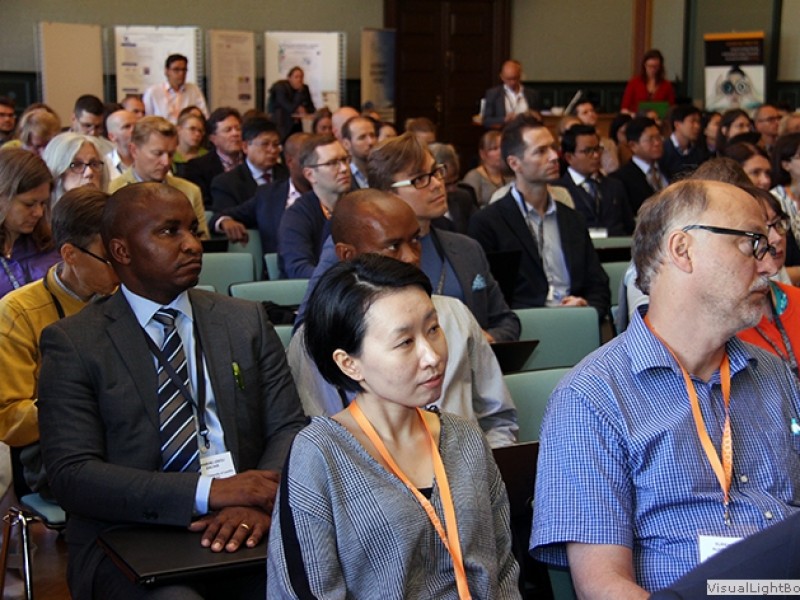
The good news is that Lesotho has an abundance of techno-economically exploitable renewable energy resources such as hydro, solar and wind which can provide sustainable energy solutions and reduce harmful emissions. However, experts in National University of Lesotho have identified shortages of human resources and expertise as major barriers to increasing the share of sustainable energy use and production in Lesotho.
The collaboration between the University of Turku, Aalto University, the National University of Lesotho (NUL) and other associated partners aims to improve the situation by enhancing the capacities of higher education institution staff and students in sustainable energy education. The project supports the National University of Lesotho in their MSc programme in sustainable energy by developing the competences of teachers in delivering quality learning outcomes to students. This is accomplished with the introduction of problem-based learning, online learning, and blended learning methodologies.
“The logic behind focusing on online and blended learning as well as problem-based learning comes from the increased need for these pedagogical skills during and after the COVID pandemic. It is relatively challenging to organise online learning in Lesotho, as the level of internet connectivity is poor and streaming a video, for example, as part of university education is not practical. NUL has identified a need for development in their online learning capabilities as something that could be addressed within DEPLOY, and luckily we already have some experiences from our projects in Southeast Asia and the Caribbean on collaborating on this theme in the Global South context,” explains Osku Haapasaari, Project Researcher at the Finland Futures Research Centre.
A sustainable energy transition is not achievable by academics alone, thus in addition to higher education students and staff, DEPLOY project also aims to disseminate and promote knowledge on sustainable energy to industry, public sector and the larger society. Another important objective is to establish long-term collaboration between partner universities, local authorities and industry.
Research, Education and Innovation Collaboration with Southern Africa
Collaboration is also a key word for the Southern African Alliance (SAA) project which aims to intensify research, educational and innovation collaborations between universities in Finland and in Southern Africa. The project supports creative, high-quality and multidisciplinary research and education in the interface in and between geography, biodiversity, sustainability, future technologies and digital society. In addition to the University of Turku, the main partners of the project are the University of Tampere and the University of Pretoria in South Africa.
According to Professor of Geography Jussi Jauhiainen, the focus of the SAA project is to develop long-term partnerships but it aims also for immediate results. So far, the activities of the project have included co-authored articles and manuscripts on sustainability-related topics, on-going development of a digital metaverse-type platform SURE to facilitate sustainable and responsible interaction, support for digital learning environments in southern Africa and a visit to South Africa to meet colleagues at the Southern African – Nordic Centre (SANORD) conference.
Broader aims of the project include strengthening sustainability through research and education, supporting long-term, multicultural collaborations between Finnish and Southern African partners in general, and South Africa in particular, as well as promoting the University as an attractive partner in research projects focusing on Africa. There is also a plan to develop a joint online course with the University of Turku and partners from Southern Africa and Finland.
Photos: Joni Karjalainen
